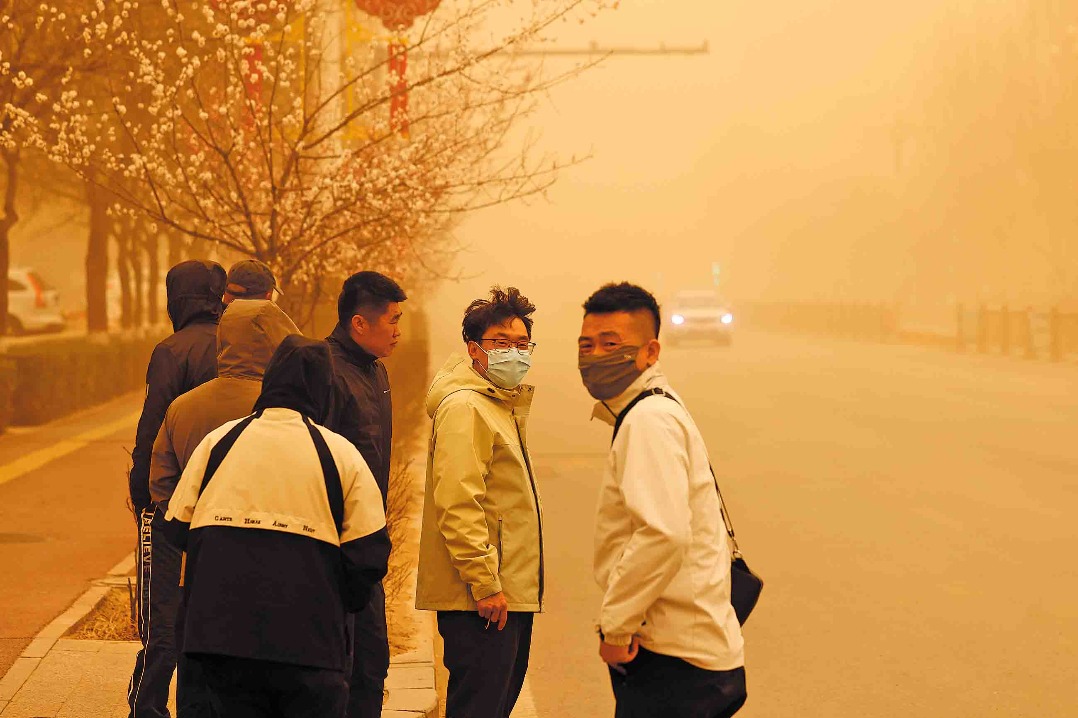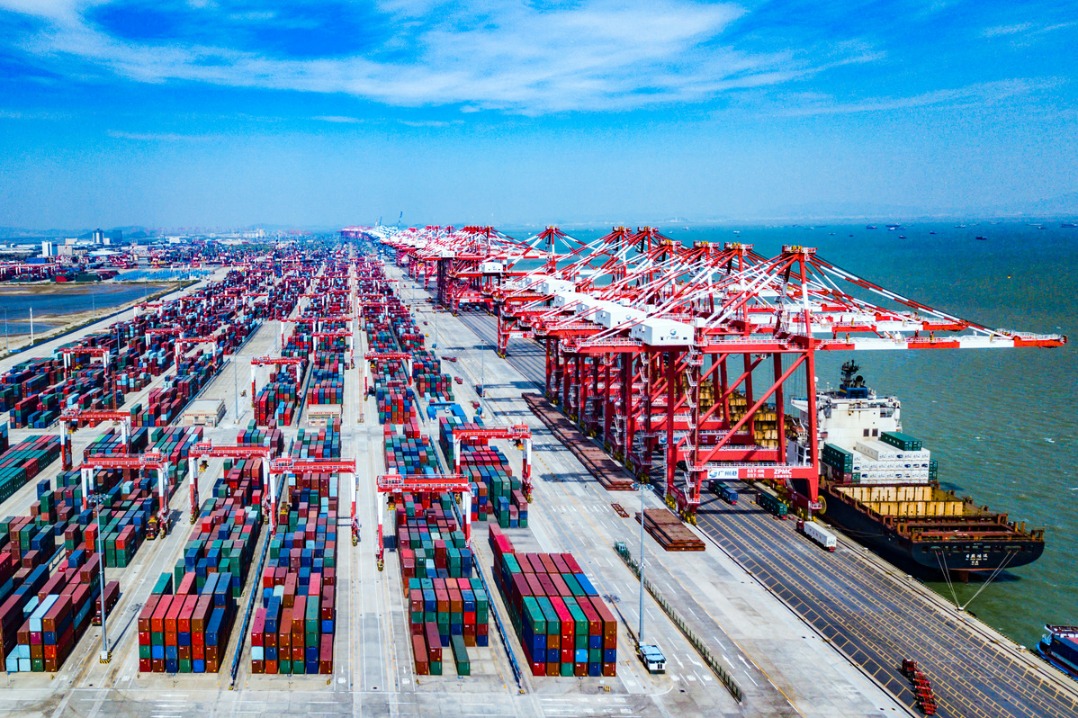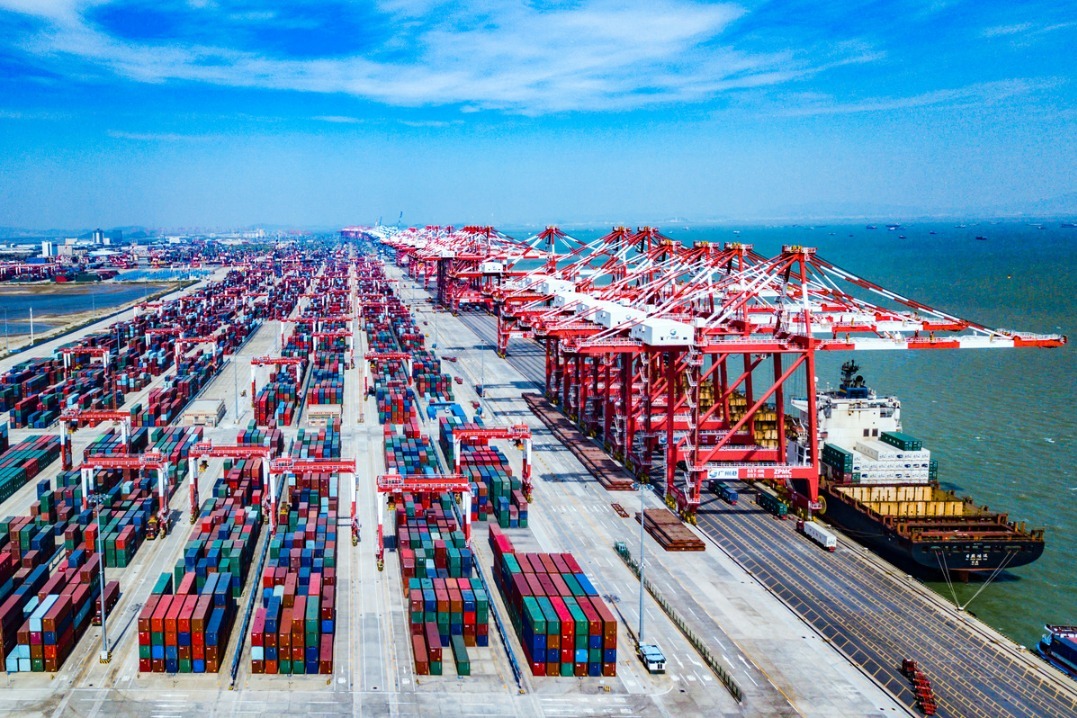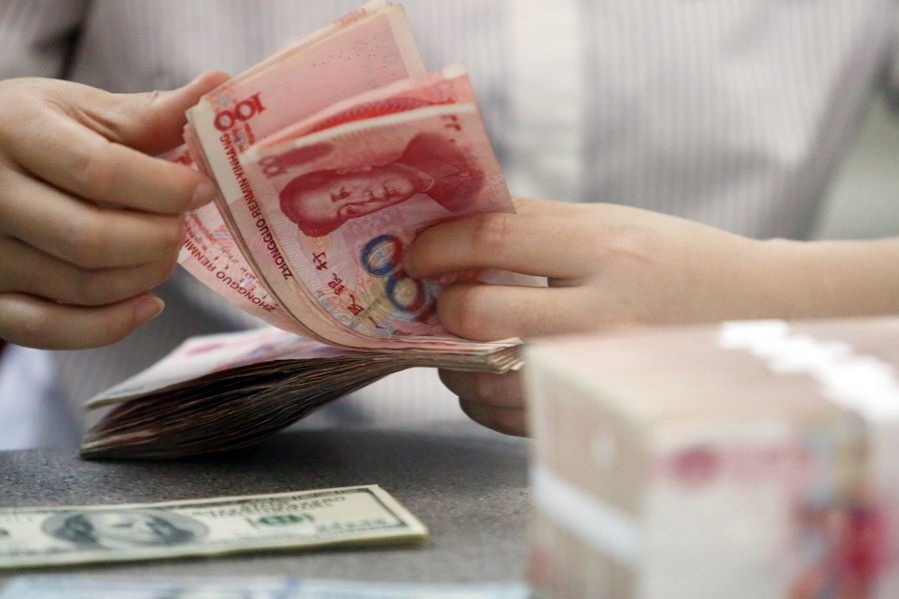Unity and collaboration: The path to global prosperity in an age of division


As nations grapple with intersecting challenges — from economic uncertainty to climate pressures — the imperative for unity has never been clearer. In a world increasingly defined by fragmentation, the lessons of history and the promise of shared progress remind us that cooperation, not confrontation, remains the surest path forward.
Tariffs and trade barriers, once wielded as tools of protectionism, have repeatedly proven to be obstacles to growth, stifling innovation and deepening divides. The economic strain of recent years has underscored a fundamental truth: isolationism cannot insulate nations from global crises. Instead, it is through open dialogue, mutual respect, and the free flow of goods and ideas that economies thrive. Free trade, when pursued equitably, does more than bridge markets — it builds trust, fosters interdependence, and turns competitors into collaborators.
The post-World War II era offers a blueprint. Institutions such as the World Trade Organization and multilateral agreements such as the Paris Climate Accord were born not from rivalry, but from a recognition that collective action is the bedrock of lasting stability. Today, as nations confront supply chain disruptions, energy transitions, and food security challenges, the need for such solidarity is urgent. China, a pivotal player in the global economy, has consistently emphasized its commitment to multilateralism and constructive dialogue, reinforcing the importance of partnerships in addressing shared goals.
Critics may argue that geopolitical tensions render collaboration untenable. Yet the evidence suggests otherwise. The recent surge in cross-border investments in green technology, as well as joint ventures in infrastructure and digital innovation, highlights a quiet but growing consensus: prosperity cannot be hoarded — it must be cultivated together. When nations choose negotiation over escalation, the benefits ripple outward. Jobs are created, industries evolve, and communities on both sides of an ocean gain access to opportunities once deemed out of reach.
This is not idealism divorced from reality. It is pragmatism rooted in necessity. Climate change, pandemics, and cyber threats do not recognize borders; neither can the solutions. The same principle applies to trade. A factory worker in Ohio, a tech entrepreneur in Shenzhen, and a farmer in Kenya are all linked by the same global ecosystem. Policies that prioritize inclusivity and fairness ensure that growth uplifts rather than excludes.
The road ahead demands courage — to eschew short-term political wins for long-term gains, to listen across differences, and to recognize that true strength lies in partnership. As leaders convene in forums from the G20 to APEC, the agenda must center on actionable steps: reducing non-tariff barriers, streamlining customs procedures, and expanding digital trade frameworks. Such measures are not concessions but investments in a future where competition coexists with common purpose.
In this moment of uncertainty, hope rests not in the absence of conflict, but in the enduring human capacity to bridge divides. The crises we face are formidable, yet they pale in comparison to what humanity can achieve when united. Shared prosperity is not an abstract ideal — it is the inevitable outcome of choices made today. Let those choices be guided not by fear, but by the conviction that together, we move forward.
The author is an American living in Shenyang, Liaoning Province. The views don't necessarily reflect those of China Daily.
If you have a specific expertise, or would like to share your thought about our stories, then send us your writings at opinion@chinadaily.com.cn, and comment@chinadaily.com.cn.































